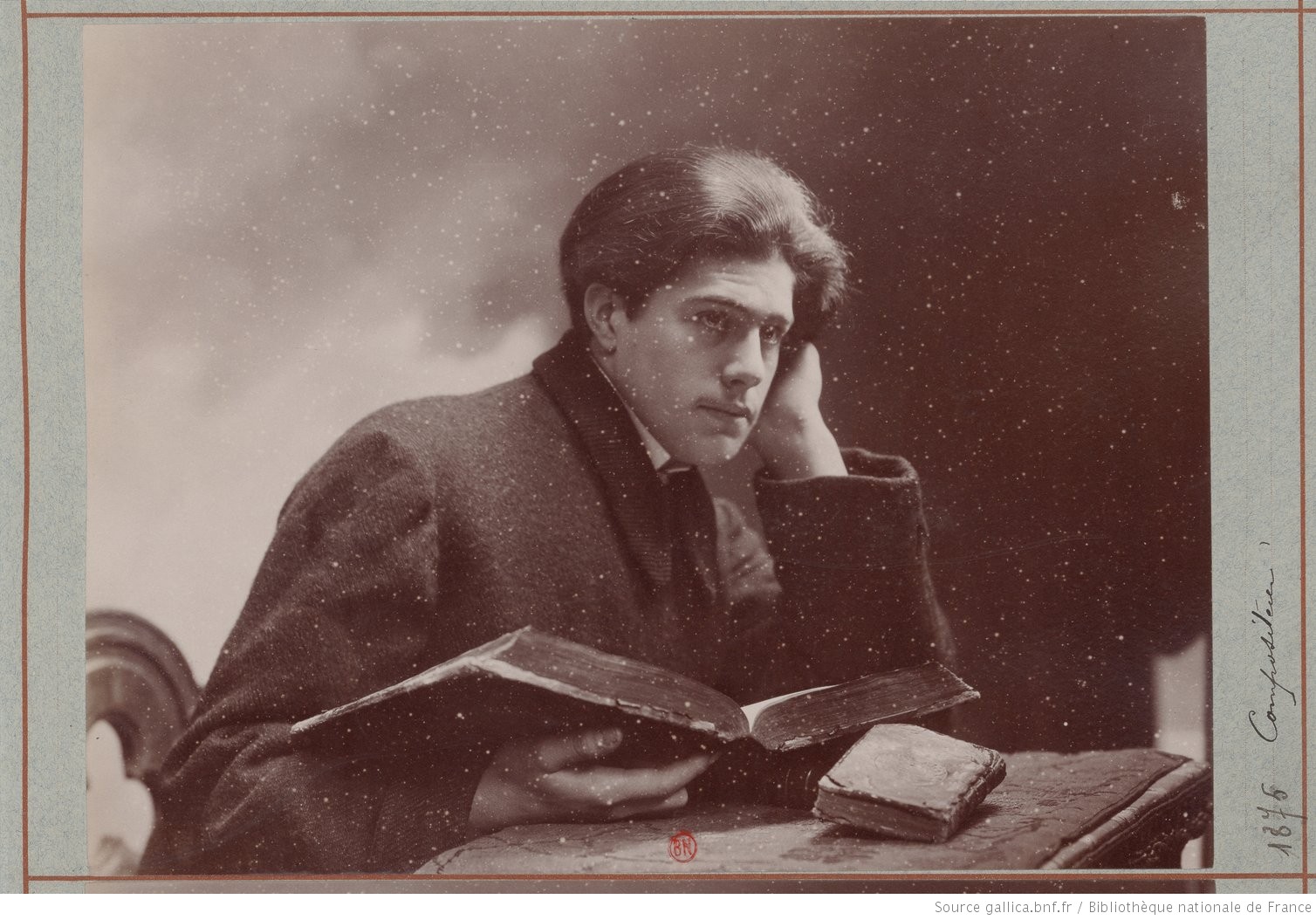 Persona - Richepin, Tiarko (1884-1973)
Persona - Richepin, Tiarko (1884-1973)
Identificación
Tipo:
Persona
Forma autorizada:
Richepin, Tiarko (1884-1973)Otras formas
Fechas de existencia:
París (Francia) 1884-03-09 - Le Kremlin-Bicêtre (Valle del Marne, Francia) 1973-10-12
Historia:
Compositor francés.
Hijo del poeta Jean Richepin; hermano del escritor Jacques Richepin. Se casó con María Sauze. Nació el 9 de marzo de 1884 en París (Francia).
Estrenó en el Théâtre Mévisto de la capital francesa, el 17 abril de 1909, la ópera bufa “Tell père, tells fils” con libreto de Sacha Guitry. En 1913 obtuvo un gran éxito, en el Théâtre de la Renaissance, con la música que compuso para la comedia en tres actos “Le minaret”, firmada por su hermano Jacques Richepin. En el Théâtre National de l'Opéra-Comique estrenó “La petite marchande d'allumettes”, en febrero de 1914, pieza en tres actos con libreto de Rosemonde Gérard y de Maurice Rostand que cosechó buena crítica en la revista “Comœdia”. Sin embargo, “Rapatipatoum”, presentada en el Théâtre Édouard VII, en 1919, obtuvo un éxito mediano.
A finales de la década de 1920 estrenó las operetas en tres actos “Venise” (1927), en el Théâtre Marigny; y “Le renard chez les poules” (1929), en el Théâtre Michel. De la década siguiente destacan los títulos “La tulipe noire” (1932), en el Théâtre de la Gaîté Lyrique, y la opereta "Yana" (1937), en el Théâtre du Châtelet.
En 1941, durante la ocupación nazi, estrenó su última obra para la escena, “L'Auberge qui chante”, en la Gaîté Lyrique. Fue autor de un gran número de canciones; también puso música a películas como “Le chemineau” (1935) y “Les deux gosses” (1936), entre otras.
Escribió a Manuel de Falla para comunicarle que, por su estado de salud, no podía asistir a la representación “El sombrero de tres picos”; también le manifestó su admiración por la ópera “La vida breve” del maestro gaditano.
Por sus servicios en la Primera Guerra Mundial, en 1919 fue condecorado con la Ordre national de la Légion d'honneur. Falleció el 12 de octubre de 1973 en Le Kremlin-Bicêtre (Francia) a los 89 años de edad.
Fecha del evento: 1914 - 1918
Contexto:
La Biblioteca Nacional de Francia (BNF) en París conserva la mayor parte de su producción musical.
Ocupaciones
Profesión (Es realizada por):
Lugares
Lugar de Nacimiento:
Lugar de Defunción:
Fuentes
Relaciones
Relaciones asociativas :
Enlaces Externos
Fichero de Autoridades:
Base de datos cinematográfica:
Catálogo de Autoridades:
Documentos
Productor de:
- No hay Unidades de Descripción asociadas.






